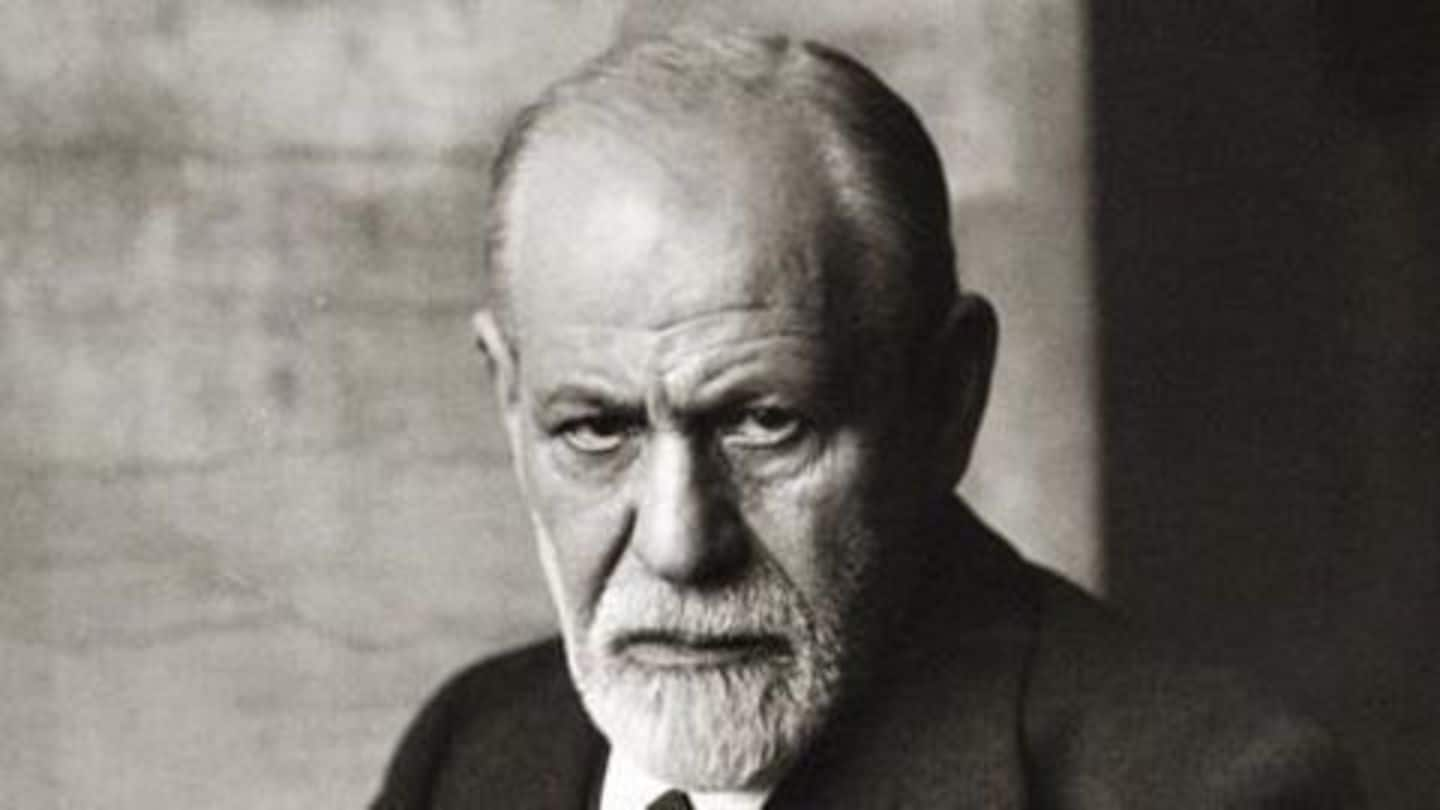
Argentina's obsession with Freudian psychoanalysis
What's the story
Argentina has the highest number of psychoanalysts per capita in the entire world. With 198 people out of every 100,000 being a psychoanalyst, it is no surprise that therapy plays a huge part in Argentina's culture. The reason is that most people in Argentina see therapy, especially Freudian psychoanalytic therapy, as emancipatory and important for good mental health and self-development.
History
The history of psychoanalysis in Argentina
Although psychoanalysis was well-known in Buenos Aires since the 1910s, its popularity skyrocketed post-1955 after the overthrow of the dictatorial President Juan Peron. Despite its popularity, psychoanalysis was seen as subversive during the dictatorships of the 1970s. However, post-1983, with the return of democracy, its popularity surged again. Psychoanalysis in Argentina is associated with leftist political ideology, apart from being a means of self-development.
Do you know?
What is Freudian psychoanalysis?
Named after Sigmund Freud, Freudian psychoanalysis is centred around the understanding and uncovering the unconscious. According to Freud's view, our conscious mind is just the tip of the iceberg. The majority of our experiences (beliefs, emotions, impulses etc.) take place in the unconscious.
Therapy for kids
Freudian psychoanalysis for kids
Freudian psychoanalysis is a widespread method of therapy for children in Argentina. Be it difficulty in school, violent behaviour, wetting the bed etc., parents send their children to psychoanalysts to resolve almost any difficulty. These psychoanalysts, by analyzing and interpreting children's play and their drawings, try to uncover the unconscious desires and motivations that lead to problematic behaviour in children.
Do you know?
The id, ego and the superego
According to Freud the id, ego and super-ego make up the human psyche. The id is the completely unconscious and demanding part of the psyche. The ego, based on the reality prince, regulates the demands on the id. The super-ego incorporates morals of society.
Prison therapy
Therapy for prisoners
Freudian psychoanalysis is also practiced in prisons in Argentina. Because most prisoners have borderline personalities which is a result of being subject to emotional neglect, therapy sessions help the prisoners by making them feel important and by giving them space to talk. While one prison in Buenos Aires holds sessions once a week, regularity of sessions may vary from prison to prison.
Do you know?
Freud's theory of psychosexual development
Freud's theory of psychosexual development states that children move through five stages centred around erogenous zones - oral (birth-1.5 years), anal (1.5-3 years), phallic (3-6 years), latency (6 years to puberty) and genital (puberty onwards). Successful completion of these stages leads to a healthy personality.